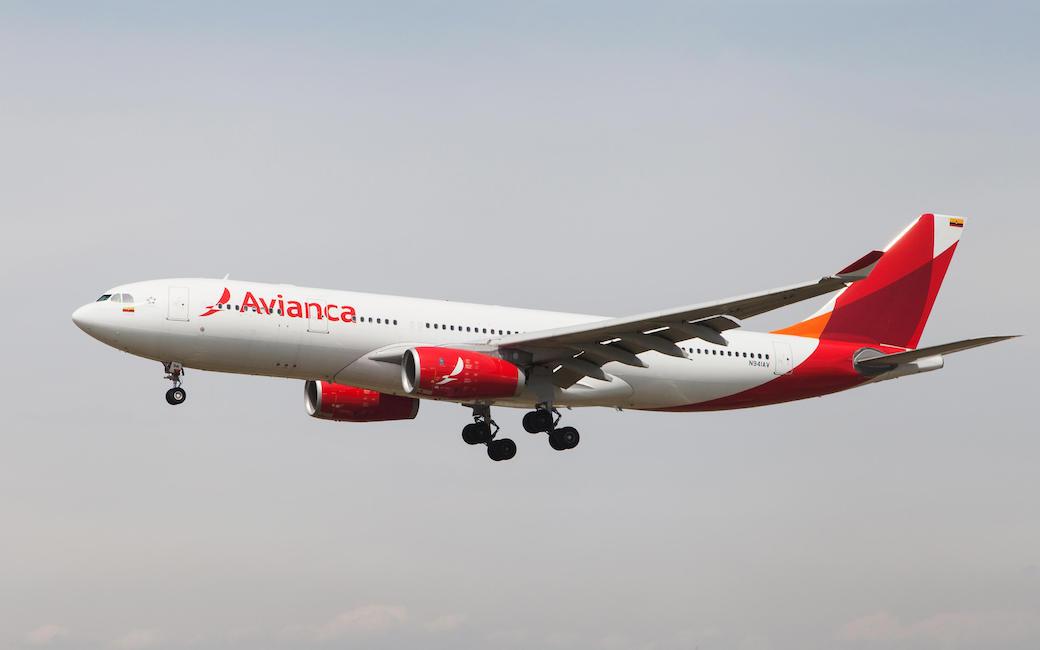
Avianca is deploying more widebodies on routes to the Americas and plans to redefine an elevated product on its narrowbody aircraft.
Management at the Colombia-based airline group explained in a recent earnings call that in some markets, particularly with flights of more than 5 hr., having just a narrowbody product is uncompetitive.
The reasons include an inability to drive revenue from a business-class product and belly-cargo capacity, says Avianca CEO Adrian Neuhauser. Avianca operates to 14 markets from its hub at Bogota El Dorado International Airport, according to Aviation Week’s CAPA - Centre for Aviation.
As it works to deploy more widebody jets into North America, three Boeing 787s that were supposed to enter Avianca’s fleet in the second half of this year have been delayed to 2024. The company has wet-leased a couple of Airbus A330s to operate in markets originally designated for the 787s.
On its Airbus narrowbody aircraft, Avianca does have three rows of seats that are wider and feature more recline, Neuhauser explains. The company has been marketing those seats as an upsell, and not as a bundled premium-economy product.
That has left room for Avianca’s competitors to sell products that are “similar or worse than” a business class, he adds.
“We do intend to begin commercializing the front cabin again, as a class in addition to an available seat upgrade,” says Neuhauser. Avianca will offer more information on that initiative in the next few months “as we define what the service attached to that commercial change is going to be,” he explains.
It’s less about capturing that business than it is about “setting a level so it doesn’t become an un-competed business for my competitors that they can use to cross-subsidize the rear [of the aircraft],” he notes.
Additionally, Avianca is taking roughly a dozen aircraft that previously had been leased to Colombian ULCC Viva, which ceased operating in February and is in liquidation. Those aircraft should enter operation in the second half of 2023.
Neuhauser says for the winter season, Colombia’s civil aviation regulator Aerocivil has increased the level of operations in Bogota to historical maximums. Avianca also has gained some of Viva’s slots at the airport and is increasing its operations “pretty significantly” for the winter season, he says.
“What we see from Aerocivil is for at least the winter season, they’ve started to reallocate slots. We’ve received a pretty substantial portion of them; they’re good slots and we intend to fly them,” Neuhauser says.
In the seasonally challenging 2023 second quarter (Q2), Avianca posted a $15.4 million net income, compared with a loss of $214.4 million the year prior. Its operating revenue was $1.1 billion compared with $1 billion in Q2 2022. Operating expenses fell to $989 million from $1.1 billion.
